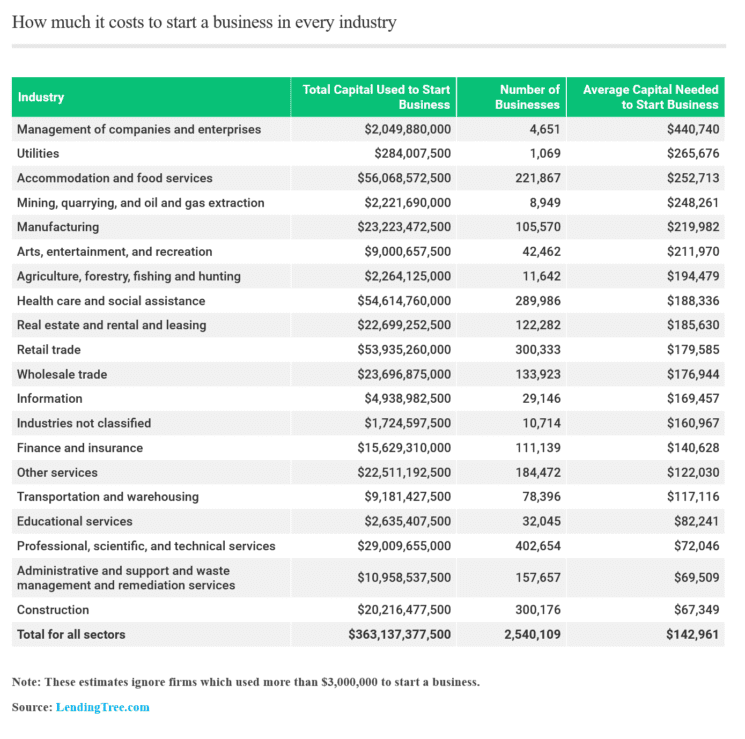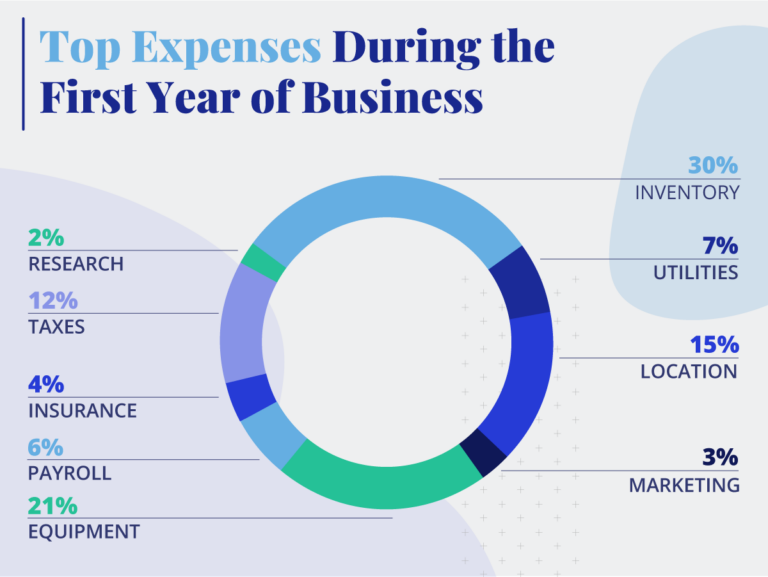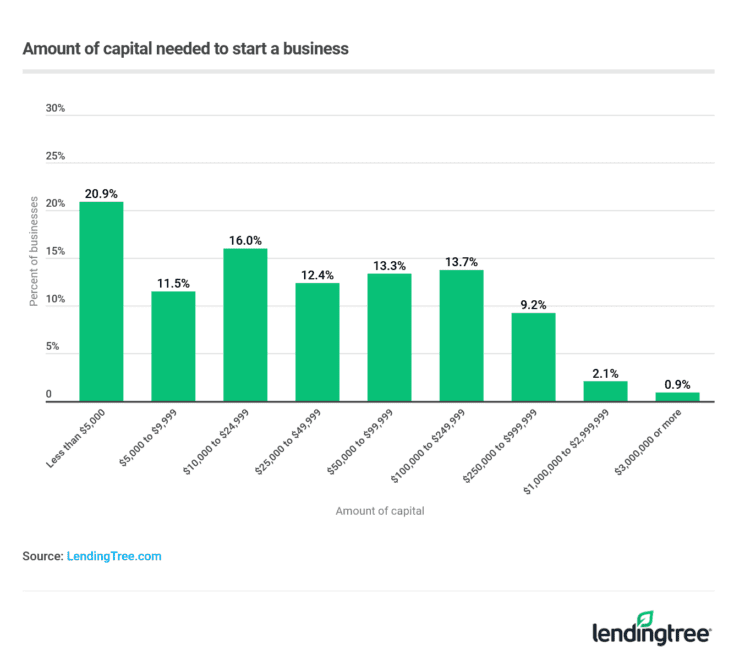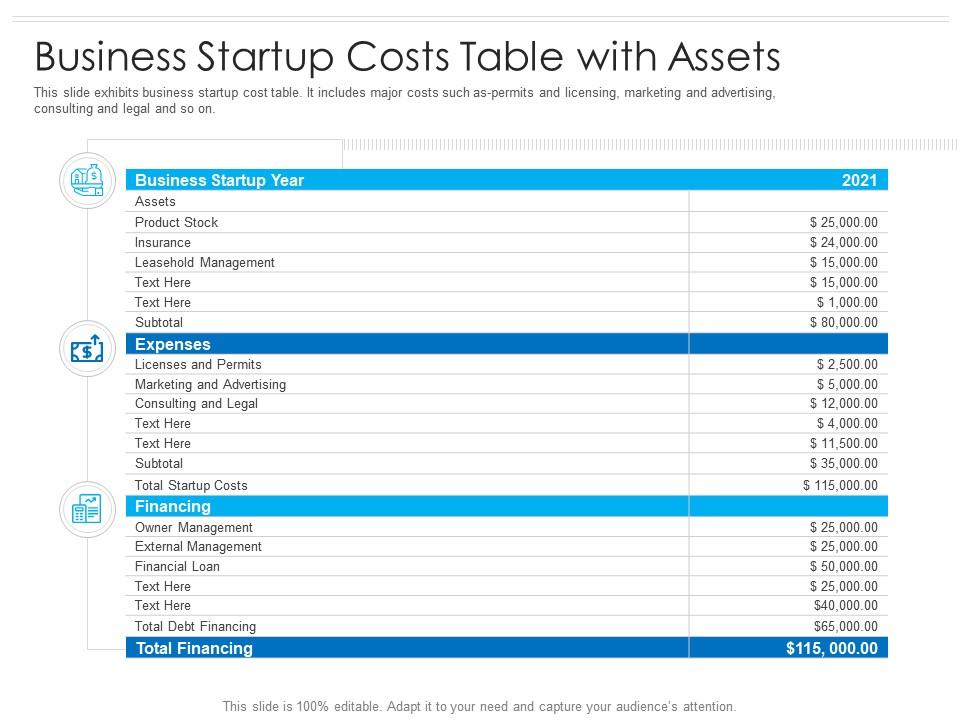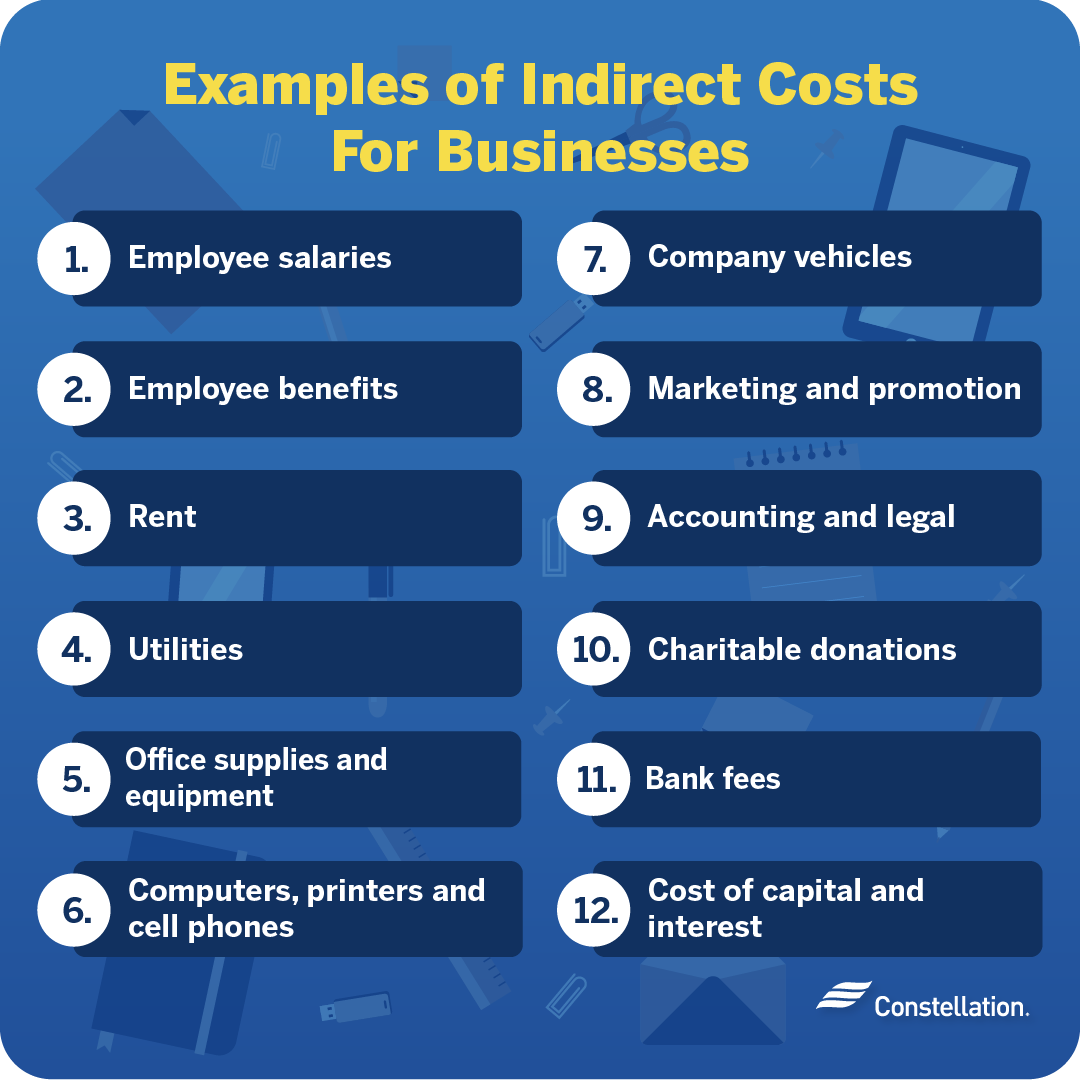Costs To Consider When Starting A Business
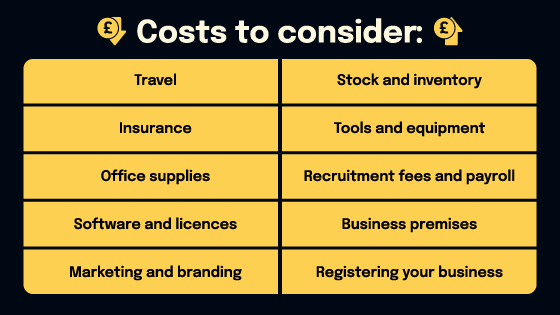
Starting a business is an exciting venture, but underestimating the initial costs can quickly derail even the most promising ideas. Aspiring entrepreneurs need a clear understanding of the financial landscape to navigate the early stages successfully. Careful planning and accurate budgeting are essential for long-term viability.
The real costs extend beyond the obvious. Ignoring these expenses can lead to unexpected financial strain and potential business failure. This article breaks down the essential costs to consider before launching a new enterprise.
Initial Setup Costs
One of the first significant expenses is registering your business. Fees vary depending on the business structure (sole proprietorship, LLC, corporation) and the state. You can find information at the Small Business Administration (SBA).
Securing licenses and permits is also critical. These are required at the federal, state, and local levels. The USA.gov website provides a good overview.
Office Space & Equipment
Deciding on office space can be a major decision. Renting or buying premises involves significant upfront costs, including security deposits, renovations, and utility setup. Even working from home requires investments in a dedicated workspace and reliable internet.
Essential equipment such as computers, printers, and specialized software are often necessary. Don't forget about furniture, phone systems, and other office supplies. Leasing equipment is a viable option to reduce upfront capital expenditure.
Operational Expenses
Marketing and advertising are essential for attracting customers. Developing a website, creating marketing materials, and running online advertising campaigns all require investment. Consider exploring cost-effective strategies like social media marketing.
Hiring employees brings a range of expenses beyond salaries. These include payroll taxes, employee benefits (health insurance, retirement plans), and workers' compensation insurance. Be mindful of legal requirements regarding minimum wage and overtime pay.
Insurance is a crucial protection against potential liabilities. General liability insurance, property insurance, and professional liability insurance can protect your business from financial losses. The specific types and amounts of coverage needed will depend on the nature of your business and its location.
Legal & Accounting Fees
Seeking professional legal advice is recommended for setting up contracts and ensuring compliance with regulations. Attorney fees can vary, but a small investment in legal assistance can save you from costly mistakes later on.
Engaging a qualified accountant is also vital for managing finances and filing taxes accurately. They can assist with bookkeeping, financial reporting, and tax planning. This might seem optional at the beginning, but it can prevent serious problems down the road.
Hidden Costs & Contingency Planning
Unexpected delays and cost overruns are common challenges in starting a business. Building a contingency fund is crucial. This allows for handling unforeseen expenses without jeopardizing the business's financial stability.
Time is also a cost. The time spent on administrative tasks, networking, and problem-solving should also be factored in. It's crucial to allocate time wisely and delegate tasks whenever possible to maximize efficiency.
Consider the cost of training. Whether its your own upskilling or that of your employees, the cost of training and professional development should be built into your budget.
Impact & Considerations
Underestimating startup costs is a common pitfall. It can lead to cash flow problems, debt accumulation, and ultimately, business failure. Accurate budgeting allows entrepreneurs to make informed decisions and secure the necessary funding.
Conduct thorough market research to assess the demand for your product or service. Understanding your target market and competition can help you refine your business plan and avoid investing in unviable ventures. Seek guidance from mentors and experienced business owners. Networking and learning from others' experiences can provide invaluable insights.
Starting a business requires careful planning and a clear understanding of the financial commitments involved. By considering all the costs outlined above, entrepreneurs can increase their chances of success and build a sustainable, thriving enterprise.

